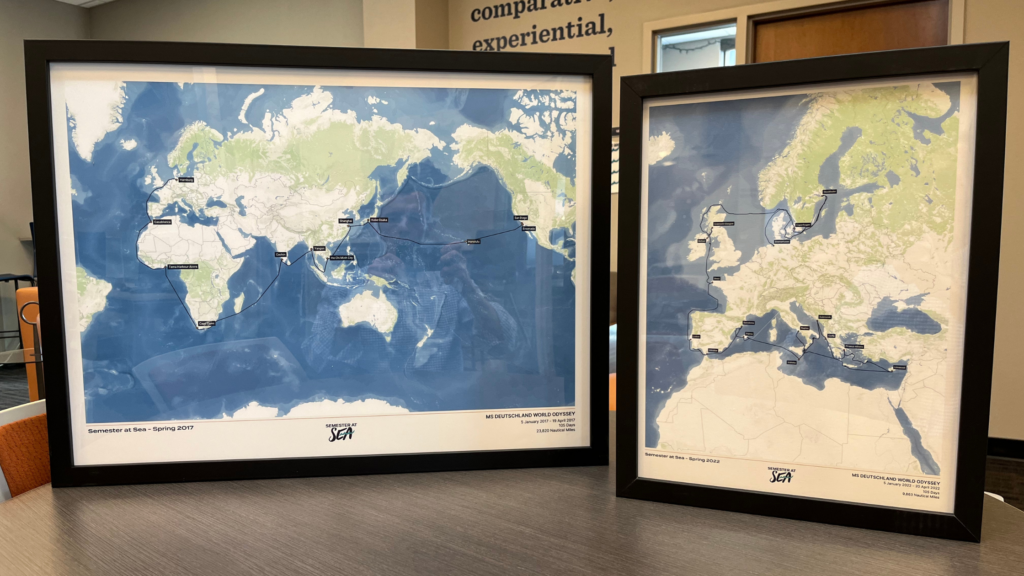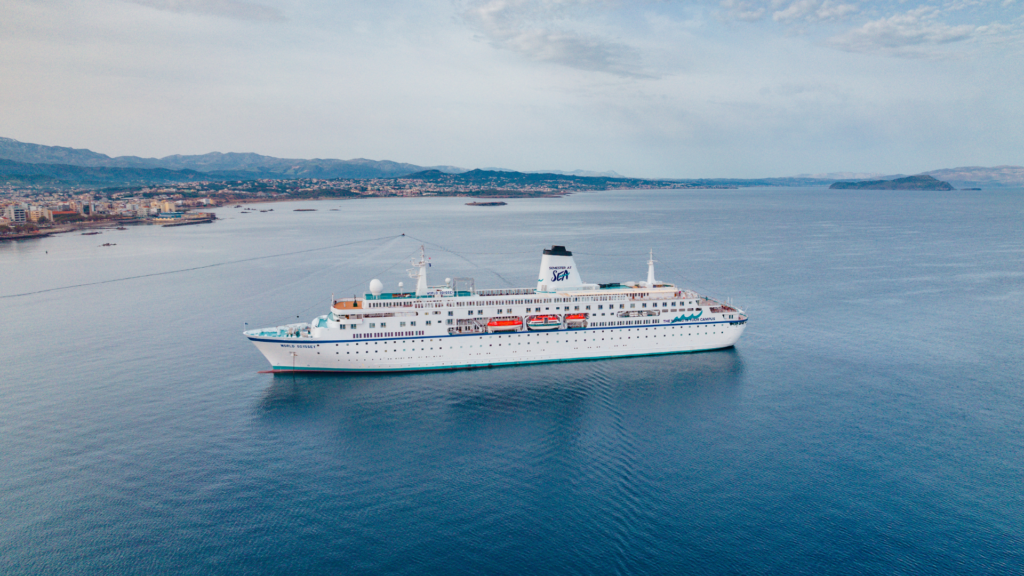
Each year, nearly 300,000 US students choose to study abroad, and reports show that number to be increasing. They’re just catching on to what more than 750,000 international students who study in the US every year already know. Study abroad builds important skills including flexibility, empathy, and networking on a global scale. There are qualitative effects as well, as a 2006-2010 study found that when only 49% of college graduates found a job within a year, 98% of students with study abroad experience found employment.
One of those international students is Thuy Nguyen. Hailing from Hanoi, Vietnam, the senior in financial economics attends Troy University in Troy Alabama. But her study abroad doesn’t end there. Thuy spent a semester at one of Troy’s partners, the University of Ghent in Belgium. In Belgium, Thuy took 26 credit hours that semester (double the hours of an American university). The semester runs from January to June, with June dedicated entirely to studying for finals, which are rigorous, but pass or fail, instead of graded on a point system. Thuy lived in an international house and biked to school everyday. Shea traveled, mostly solo, to 12 countries in the area. At first, she found both the language barrier and the culture barrier difficult to overcome.
“I was the only student from Vietnam and I was also the only student from the US. I had to represent at the same time my culture as Vietnamese but also about America. It was difficult after coming from the US. I studied in the place that spoke Dutch and at first I was annoyed when no one spoke English, but then I realized that it was ridiculous for me to visit their country and expect that. People have their lives that are totally different. But people everywhere have the same desire for getting to know people and we all want to be happy wherever we are from and wherever we are.”
Now a voyager on the Fall 2015 Semester at Sea, Thuy says a major difference in her study abroad experiences is the tight shipboard community on the MV World Odyssey.
“There’s a connection and a sense of community. We have pre-port and we have a lot of meetings where we get to see our professors and our deans everyday. In Belgium I had communication with the international students, but that’s it. There’s not the same community as Semester at Sea.”
Thuy also says that the in country learning and travel provided by Semester at Sea makes it easier to take advantage of what the port cities have to offer.
“It’s always easy to find someone to travel with you. I like pre-port. You can tell that Semester at Sea really cares about us. They even tell us to drink a lot of water. I did a lot of solo traveling [in Belgium] and here I feel like someone really cares about me. They do everything to make it happen.”
On sea days, the ship stays bustling at night with seminars and programs. There are always at least four programs: an average night includes student driven clubs, brief lectures by professors covering the culture of the next port, yoga and circuit training, and a programs on preparing for job interviews.
“I go to a lot of seminars and we don’t have that in our home universities or in traditional study abroad. We just go to school. Here we have the cultural talk, the socials, and I can see how much the team puts into putting the students together.”
The academics on Semester at Sea are similar to Thuy’s home university, though she’s relieved to study outside the classroom as well.
“The classroom is good, most are small and so the teacher knows most of the students and we have conversations. On campus we worry about textbooks too much, but here the lectures are more interesting because the professors have real life experience, and then we go to the countries and it carries into reality. And we absorb that much more quickly. And you see your professor not only in class. Sometimes you eat with them or do yoga or see them at the gym, so it’s easy to get to know the professor and feel like they’re your friend.”
Although the cost of Semester at Sea and study abroad in general was a deterrent to Thuy, she says the investment in both experiences has been crucial to her development professionally and personally. During the summer, Thuy and a fellow financial economics major calculated out the cost of Semester at Sea week by week, day by day and hour by hour. She says this quantitative analysis of her time has made her more able to fully experience Semester at Sea.
“It came out to about ten dollars an hour for me. So if I don’t do anything, I’m losing money. How many times in your life can you go back to a country with so many friends and eat traditional food? It’s now or never. Money, you can earn it later, but time with friends and opportunities like this will probably never come back, so don’t worry about saving your money so much as saving the experience.”


